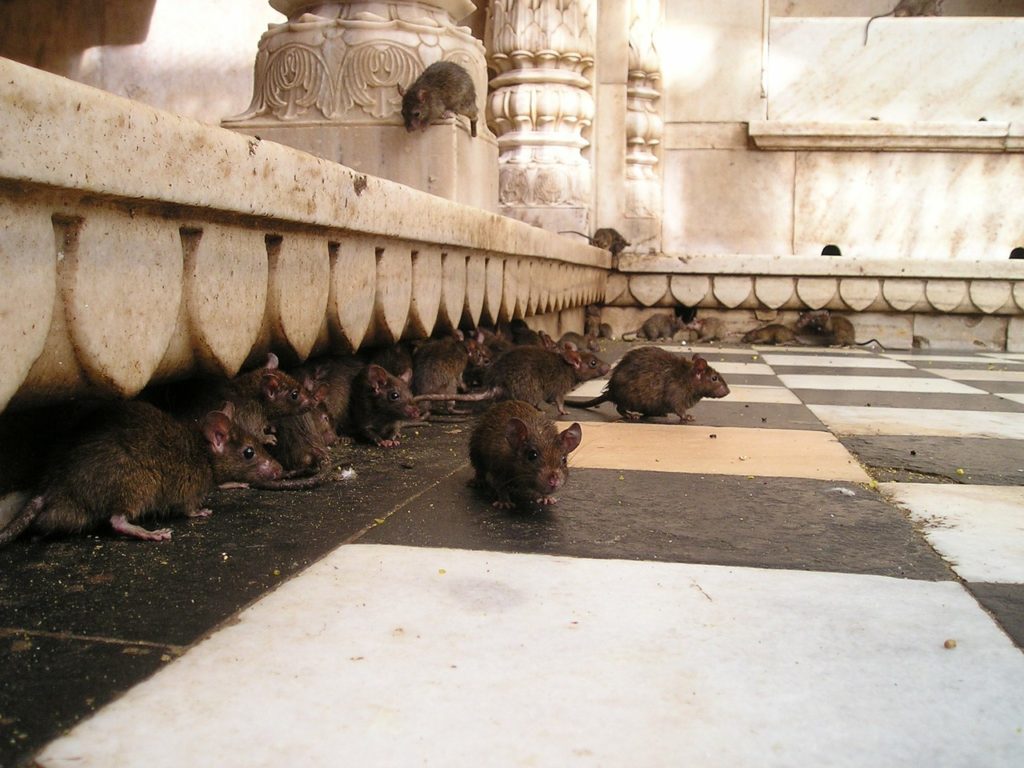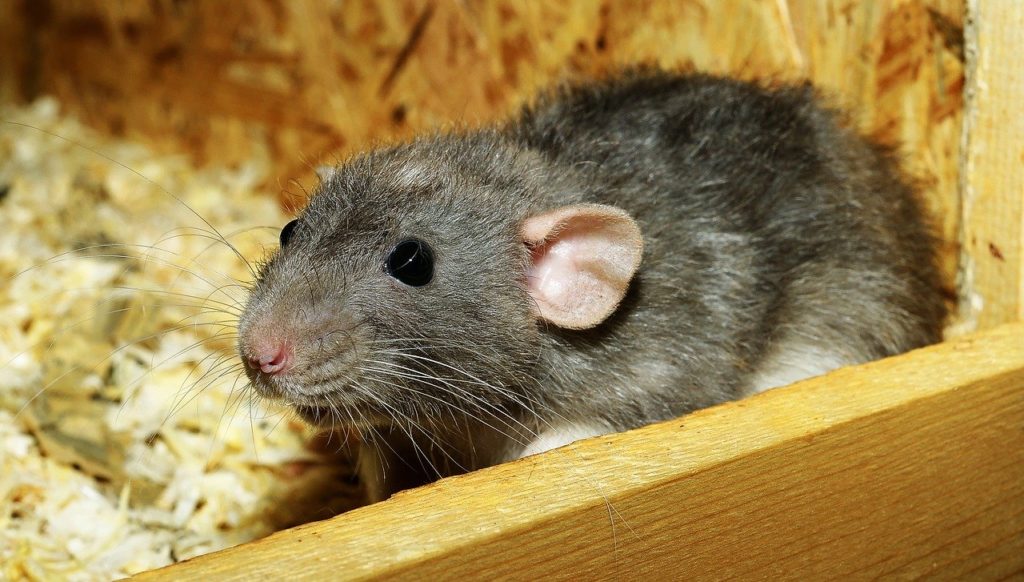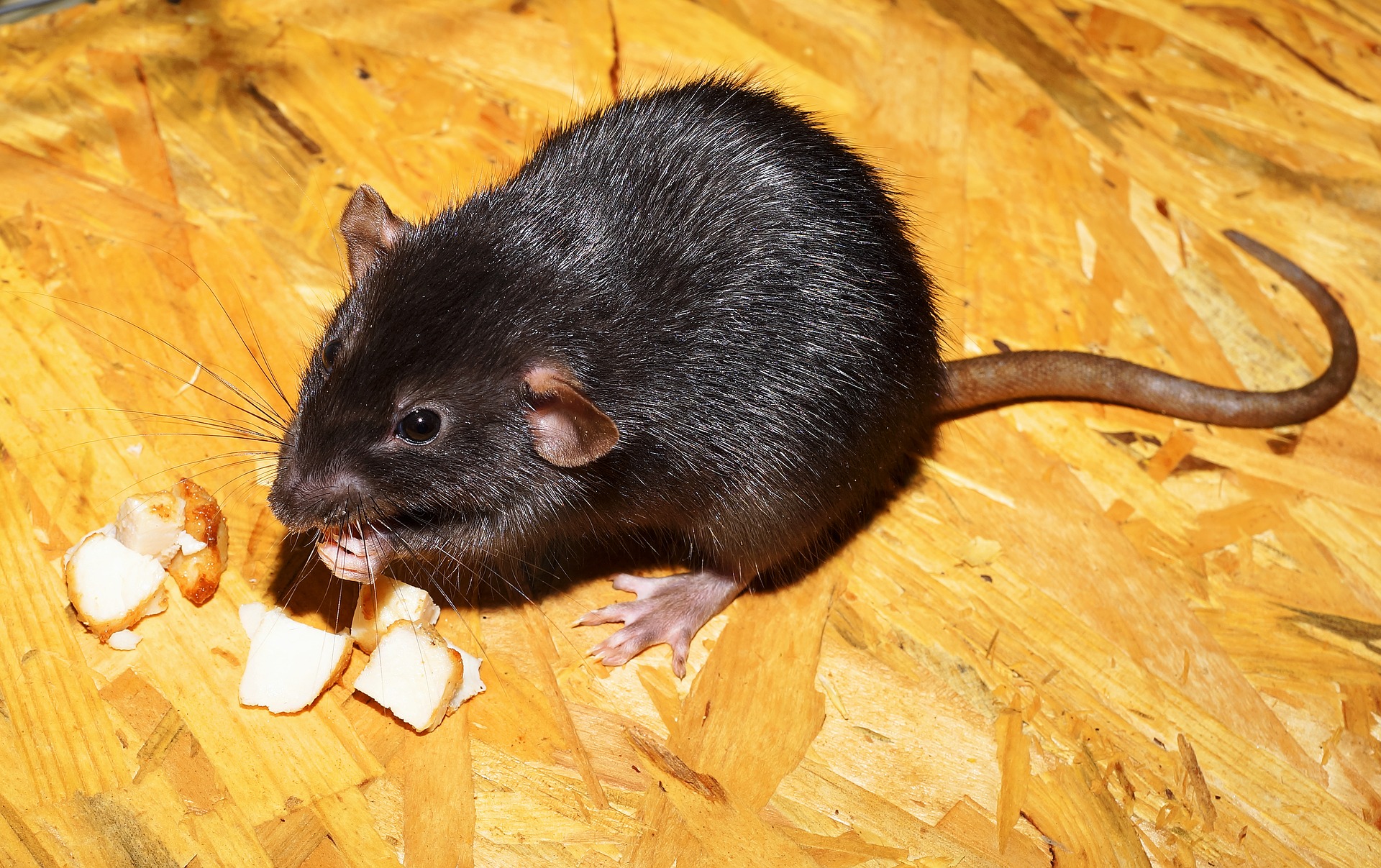If you found one rat on your property, are there more? This is a legitimate question because you don’t want rats to thrive inside your home. After all, they are carriers of disease-causing microorganisms. Unfortunately, there is no universal answer to this question. Whether you are dealing with only one rat or a full-blown rat infestation will depend on a variety of factors.
You found one rat but there will be more because…
1. Rats are social animals and so there will be more than one
There may be more rats on your property simply because rats like to live in groups. They thrive more if there is some kind of social structure around them. There are dominant rats and not-so-dominant ones, and they can live together in harmony under a single colony.
The dominant rats can hunt for food during the night while the less dominant ones avoid competition by hunting for food during the day. If you have a terrible infestation, rats can get more acclimated to the environment and you will be able to spot them often even during the day.
2. Rats are nocturnal
If you want to know if there are more rats around, be more attentive at night. This is because rats are nocturnal animals. During night time, they don’t just hunt for food and water. They also build nests, communicate with each other, exercise, and play.
All these activities can generate a lot of noise. You may hear rats banging on your ceiling, inside walls, and even under floorboards. If there is more than one rat around, you may hear more of these noises.
3. Rats are more desperate in colder months
Rats are scavengers. They are very industrious when it comes to searching for food and water. But during the colder months of the year, such as in fall and winter, these resources start to become scarce. These rodents may expand the area where they search for food as they become more desperate.
This desperation can lead them to your home, especially if your home is easily accessible because of open doors, windows, and holes and you keep your food and water exposed for pests to snatch. If you see one rat during the colder months of the year, it’s very likely that there are more in hiding. It doesn’t help that your home is warm, providing rats shelter against the elements.
4. You live in an urban area and so there will be more rats
Some areas are more vulnerable to rat infestations. If you live in an urban area, it’s likely that there are more rats around if you found one rat. Urban areas are great for rats. Food is easily accessible everywhere. Buildings are also very accessible, especially those with cracks and holes. And most of all, there are no natural predators that can control the population of rats. This is one of the reasons why urban centers like New York City are full of rats.
5. You see signs of an active rat infestation means more than one rat
There are many signs of an active rat infestation. If you see more of them, it’s likely that there is more than one rat in the area. Here are the signs you should look out for:
- Burrows in outdoor areas
- Footprints
- Gnaw marks, especially on wooden and soft metallic items
- Grease marks, particularly on your floorboards and walls
- Rat droppings and urine
Remember that rats are generally dirty creatures. These signs can have disease-causing microorganisms in them, so you better clean them up immediately.

Factors that mean there is only one rat
1. You don’t see signs of an active rat infestation it’s possible there is only one
It’s also possible that there is only one rat, especially if you don’t see the factors above. If there is only one rat, you will see little to no signs of an active rat infestation. You may see a few pieces of droppings in a particular spot. And you may only see gnaw marks on the part of your home where the one rat has been able to enter your property.
2. The rat may have found an entry point
There is a possibility that you are only dealing with a wandering rat. It may have been in the vicinity looking for food and water and it has happened to enter your home through a passageway. There are many small passageways around your home that pests can use.
Open doors and windows are the most obvious ones. Cracks, gaps, and holes are more subtle, especially if they are in areas where you can’t easily see, such as in your plumbing system.
3. The rat may have found food or water
Sure, you may be dealing with a lone rat, but here’s the bad news — that rat may stay inside your property for good because of food and water. Rats are opportunistic animals. This is why they enter homes when they can through small passageways and stay if they can survive and sustain themselves there.
This is a problem because even this one rat can leave behind droppings, urine, and other dirt behind, putting you at risk of rodent-related diseases like leptospirosis.
4. The rat may have failed to find what it was looking for
Here’s some good news if you are only dealing with one rat — it’s possible that you won’t even have to do anything like poison or trap it to get rid of it. Rats being opportunistic is both a positive and a negative for us humans. It’s negative because rats will enter homes and thrive there if given the opportunity. And it’s positive because rats will just leave if they don’t find this opportunity. There is always another area or home that they can settle in.
The lone rat troubling your property can just leave on its own if it can’t find food, water, and proper shelter opportunities inside your home.
5. The rat is possibly someone’s pet
If you found one rat, it’s possible that there is really only one because it’s someone else’s pet that has escaped. Many people find rats as ideal pets because these rodents are affectionate, playful, and smart. Pet rats are not always in cages. They are sometimes set free in a closed environment, such as a bedroom. But pet rats may find a way to escape.
It may find its way to your home, especially if you live in a closed neighborhood like an apartment or condominium where units are only separated by walls.

There is likely to be more than one rat
If you found one rat, it’s highly likely that there are more because rats are social animals that like to live in groups. However, there is also a smaller chance that you are only dealing with a lone rat that happens to wander inside your home.
Either way, you will have to deal with rats immediately because they are spreaders of diseases inside homes.

